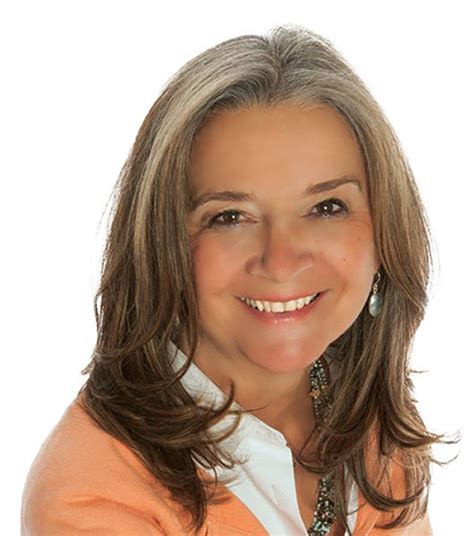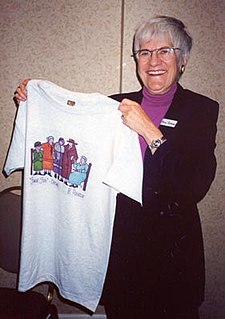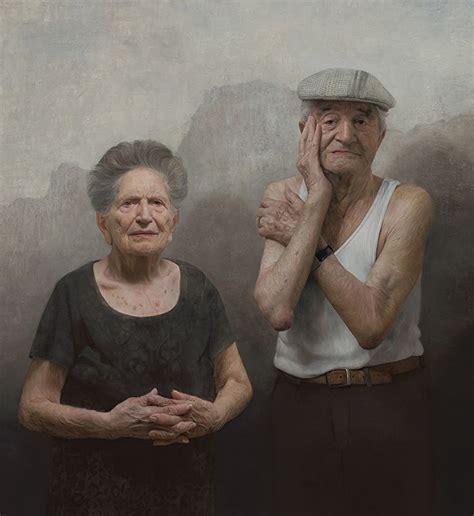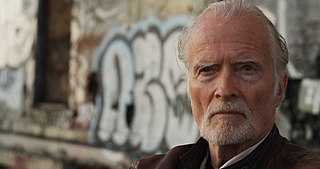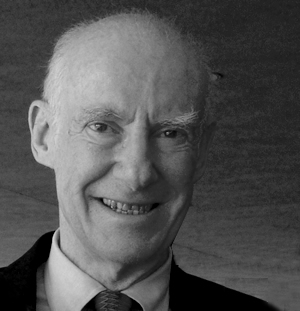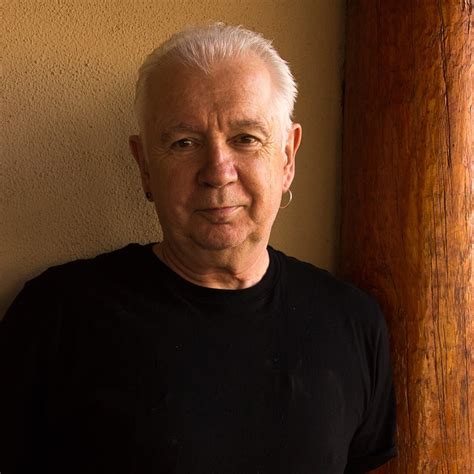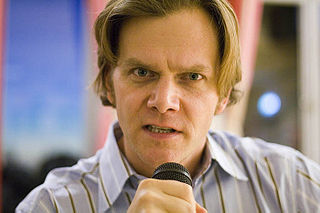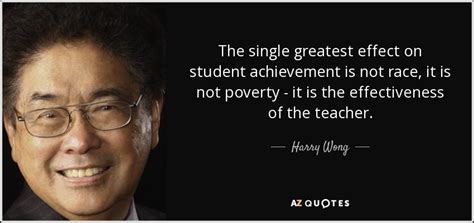A Quote by Heidi Hayes Jacobs
As educators, we are only as effective as what we know. If we have no working knowledge of what students studied in previous years, how can we build on their learning? If we have no insight into the curriculum in later grades, how can we prepare learners for future classes?
Related Quotes
Teachers have told us across the country that what's severely outdated is the teacher at the front of the classroom as the font of knowledge, because as we know, access to knowledge and information is now ubiquitous. So instead, teachers want to help students learn how to think so that they can be lifelong learners.
Teaching is a huge part of what I do. I love to think about what I do out loud, and the best way to do this is to teach. I usually learn a lot from the students in my workshops, because we work to build the classes around a collaborative environment where everyone is working towards the same goal of learning how to observe and see the subject well, because everyone brings different approaches and experiences with them, the other students and myself learn new methods that we can add into what we do.
I don't think film schools are mentoring kids. I think they just send them through the curriculum, so now you know how to hold a camera, how to use a Dx3 menu. You can learn that in five minutes from somebody that doesn't even know anything. But what do you know if you haven't read anything - studied art and studied literature - what do you have to contribute?
What is wrong with encouraging students to put "how well they're doing" ahead of "what they're doing." An impressive and growing body of research suggests that this emphasis (1) undermines students' interest in learning, (2) makes failure seem overwhelming, (3) leads students to avoid challenging themselves, (4) reduces the quality of learning, and (5) invites students to think about how smart they are instead of how hard they tried.
Where I grew up, learning was a collective activity. But when I got to school and tried to share learning with other students that was called cheating. The curriculum sent the clear message to me that learning was a highly individualistic, almost secretive, endeavor. My working class experience...was disparaged.
By the time these students enter the workforce, many of the jobs they will apply for ill be in industries that don't even exist yet. That's a hard future to prepare someone for. Teachers have their sights set on the real goal: not to produce Ivy League graduates, but to encourage the development of naturally curious, confident, flexible, and happy learners who are ready for whatever the future has in store.
